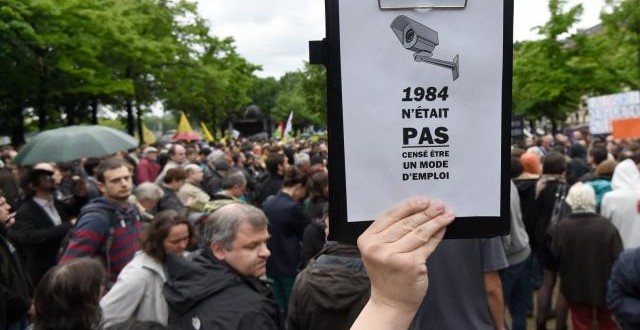France’s parliament has approved new rules on intelligence-gathering which critics say will lead to mass surveillance with little oversight. The anti-terrorism bill was passed in the National Assembly Tuesday with 438 votes; 86 MPs voted against it and 42 abstained.
Politicians from both the Socialist majority in parliament and the conservative opposition supported the Bill, which will now move to the Senate for further discussion.
The Bill was proposed long before the January Paris attacks by Islamic extremists to update a law left essentially untouched since 1991. But the government has said it has become more urgent with each person who has become radicalised.
The new law would entitle intelligence services to place cameras and recording devices in suspects’ homes and beacons on their cars without prior authorisation from a judge.
Instead, they would need to request authorisation from an independent nine-person panel composed of magistrates, politicians and a communication expert – with exceptions in cases of special threats.
One of the most sensitive measures would force communication and internet firms to allow intelligence services to install electronic “lock-boxes” to record metadata from all internet users in France. The metadata would then be subject to algorithmic analysis for potentially suspicious behaviour.
The data would be anonymous, but intelligence agents could follow up with a request to the independent panel for deeper surveillance that could yield the identity of users.
Either the panel or people who believe they are unfairly under surveillance could appeal to administrative judges.
Opponents say the Bill legalises highly intrusive surveillance methods without guarantees for individual freedom and privacy.
A protest called by a group of privacy advocates, human rights groups and unions to denounce “highly intrusive surveillance methods” gathered hundreds of people yesterday near the National Assembly.
advertisement
Reporters Without Borders said the Bill “poses a grave new threat to the confidentiality of journalists’ sources” and pointed out that it “contains no safeguards for protected professions, including journalists”.
Agencies/Canadajournal
 Canada Journal – News of the World Articles and videos to bring you the biggest Canadian news stories from across the country every day
Canada Journal – News of the World Articles and videos to bring you the biggest Canadian news stories from across the country every day



